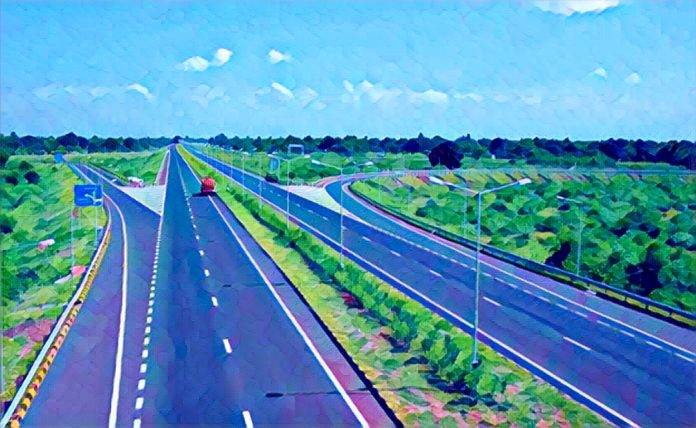KEY POINTS
- Economic strength determines how much states invest in road maintenance.
- Governance quality influences road development and infrastructure efficiency.
- Federal and state roles in road maintenance create inconsistencies.
The disparity in road quality across Nigerian states stems from a combination of factors, including economic strength, governance, and infrastructure investment priorities.
Economic strength and resource allocation
States with healthy economic performance tend to possess additional financial resources that they can use to develop their infrastructure programs.
For instance, Lagos State dedicates its substantial financial resources to road construction and maintenance because of its successful revenue generation.
However, such states face problems because of their dense vehicle traffic and crowded urban conditions.
Lagos, for example, has over 5 million cars on the road, accounting for 4 percent of all Nigerian vehicles, leading to 227 vehicles per kilometer, compared to a national average of 11.
Governance and policy implementation
Governance practices serve as a vital factor that determines infrastructure standard.
States that use their funds transparently and correctly, through efficient management systems operate superior road networks.
The quality of roads in any state becomes negatively affected under conditions where poor governance meets corruption regardless of that state’s financial status.
A study assessing road infrastructure in Kogi State highlighted the need for improved maintenance strategies to enhance road quality.
Federal versus state responsibilities
The road infrastructure in Nigeria operates under control of three government levels – federal, state and local.
Major highways fall under federal government jurisdiction yet regional and local roads belong to state and local governments adequately.
Such partitioning of road responsibility results in variable quality levels among different states.
This is because some jurisdictions either lack funding or insufficient willingness to properly maintain their streets.
A critical assessment of road infrastructure in Akwa Ibom State emphasized the need for coordinated efforts across government levels to improve road conditions.
Infrastructure investment and maintenance
Roads require regular funding support at construction and maintenance stages to keep their quality levels stable.
States that invest an adequate amount of funding into infrastructure development maintain better road quality.
A World Bank research positioned Nigeria at 99th place among 102 nations regarding infrastructure quality. This shows that the country requires both enhanced funding and upkeep throughout its territories.
Geographic and environmental factors
The geographical features alongside weather conditions influence the lifespan of roads.
Parts of the country with steep topography and heavy rainfall patterns require additional road maintenance, because the roads become degraded faster.
Lack of proper planning and insufficient funding from states enables unfavorable climatic conditions to worsen road conditions, in comparison to states with more favorable weather patterns.
In summary, the road quality variations between Nigerian states develop from their economic capabilities, their governance practices, administrative requirements, investment amounts and environmental conditions.
Improved governance, elevated funding and enhanced federal-state coordination must be employed to address this uneven state of roads in Nigeria.



